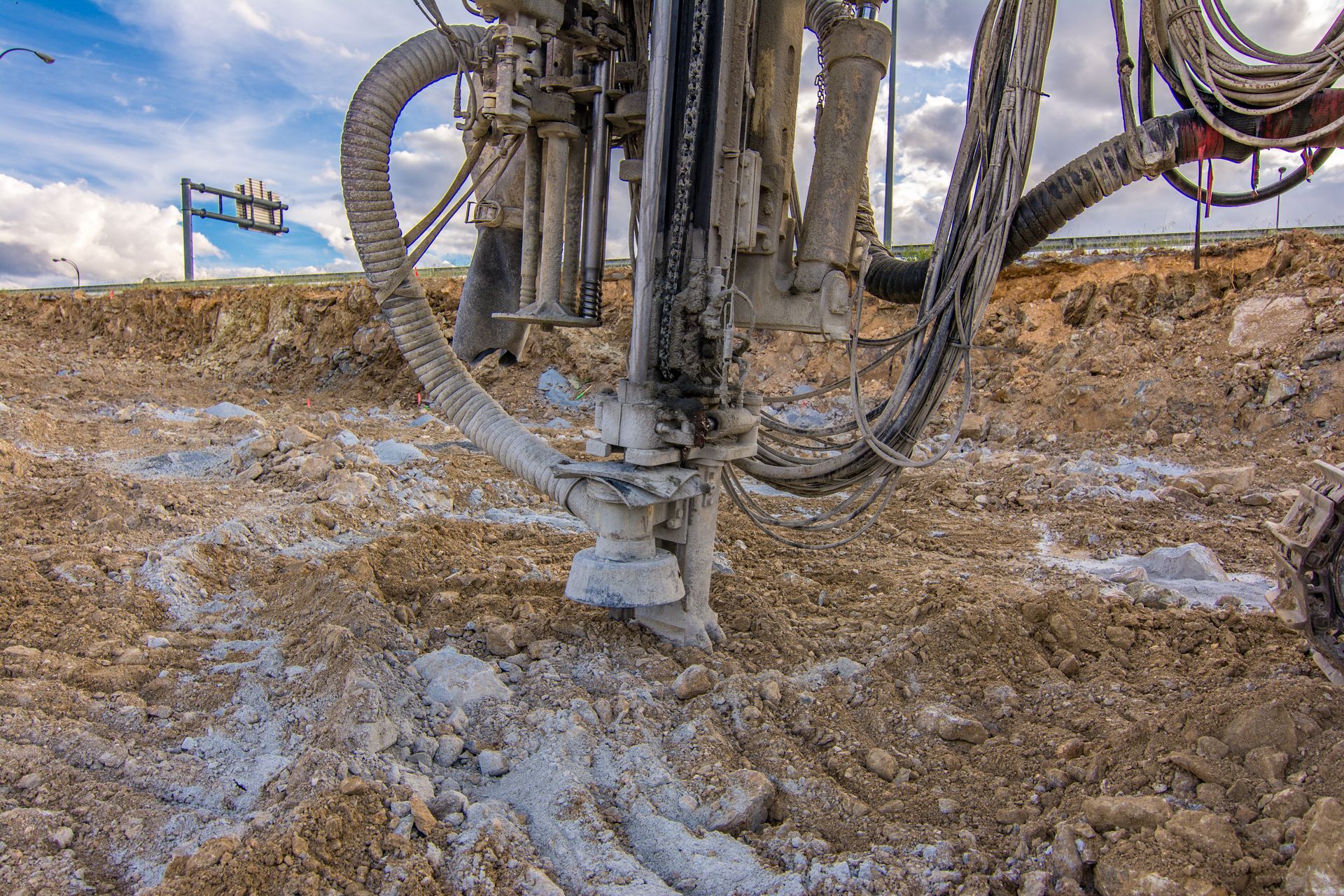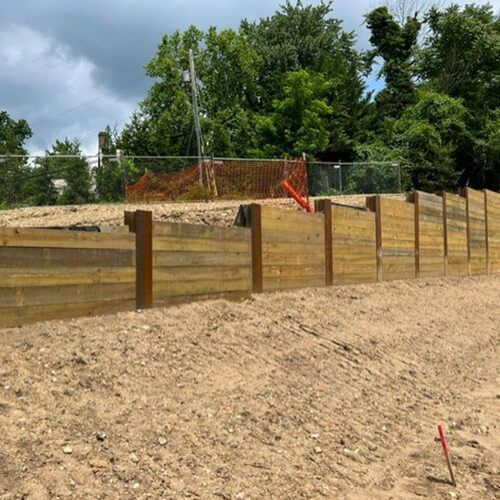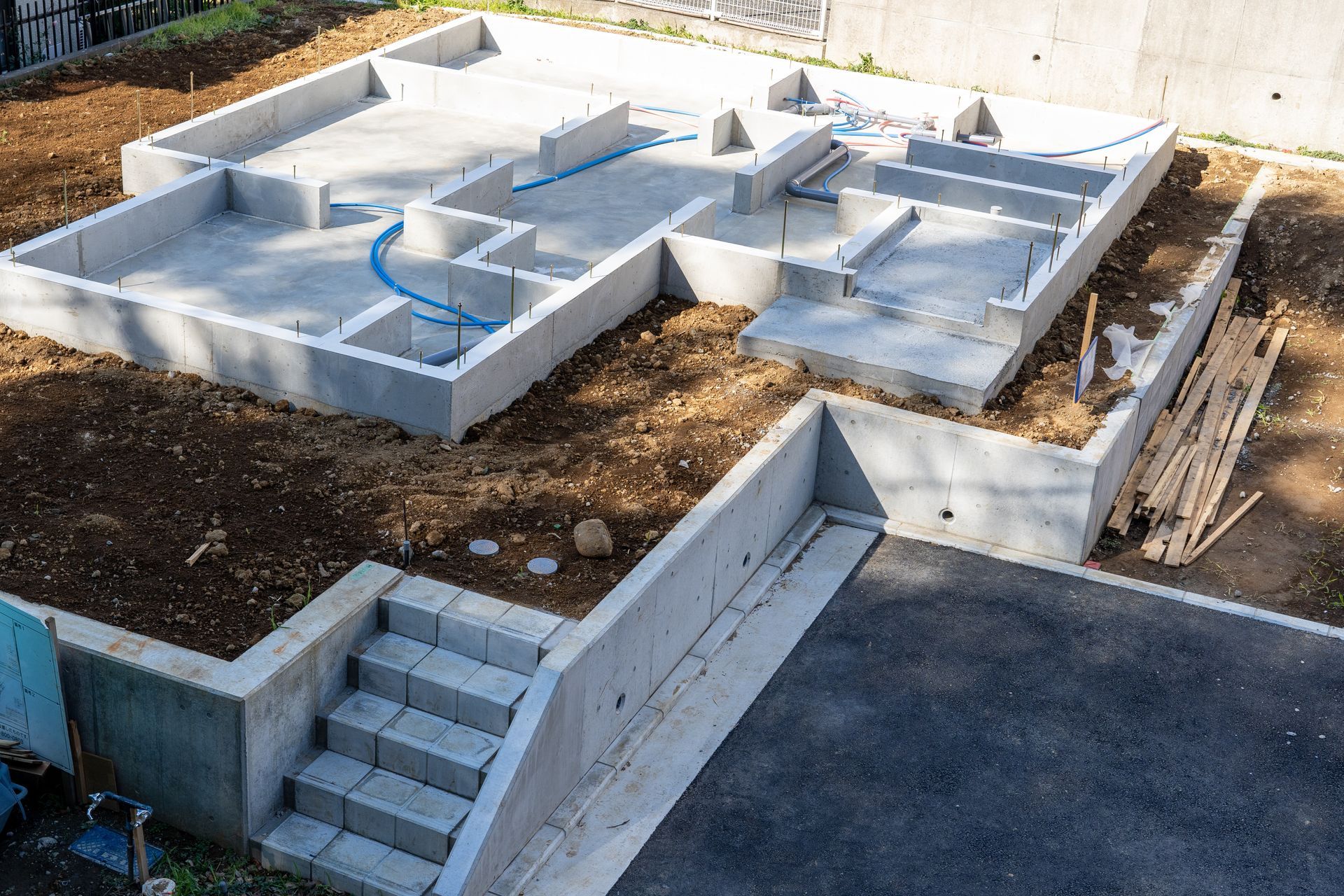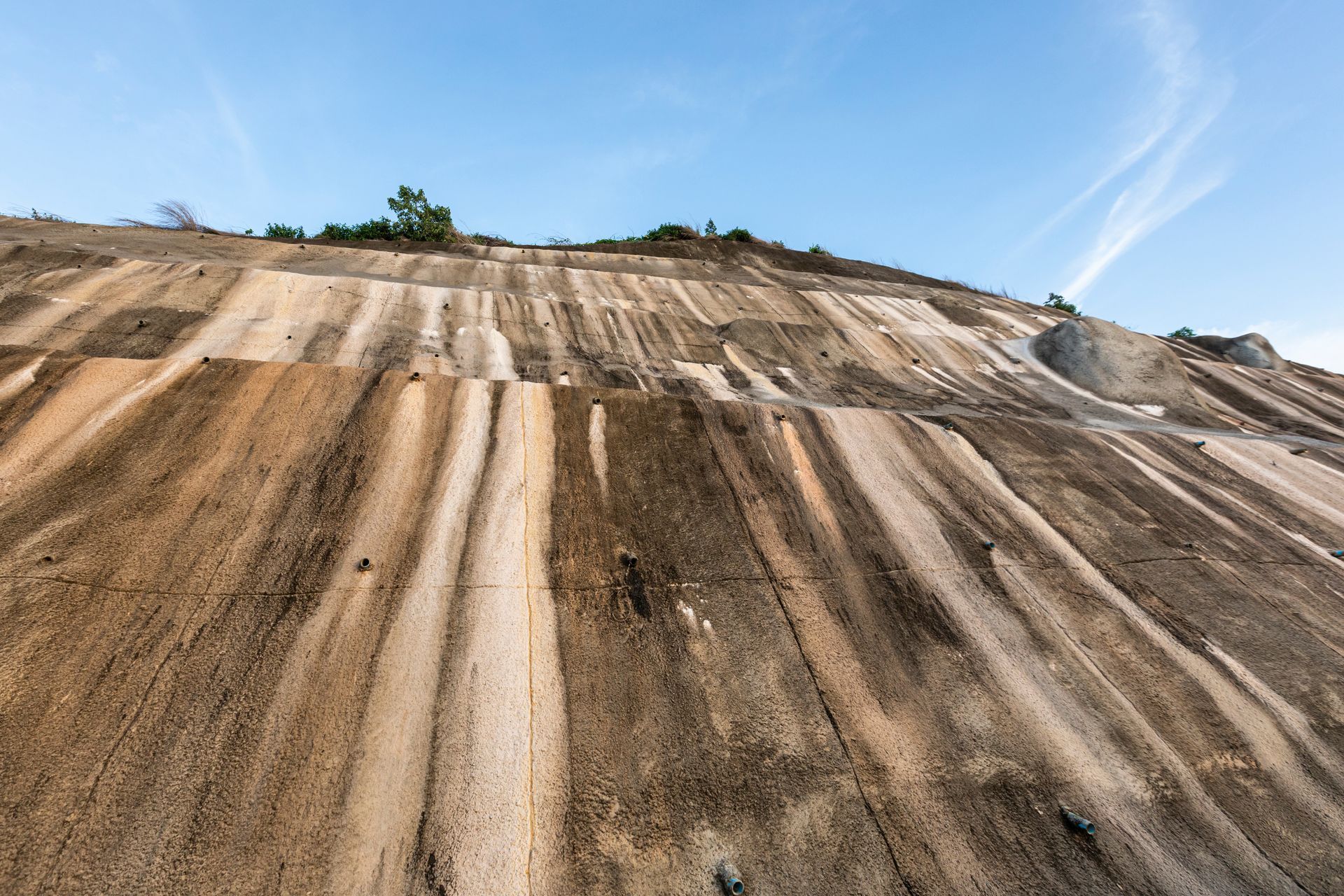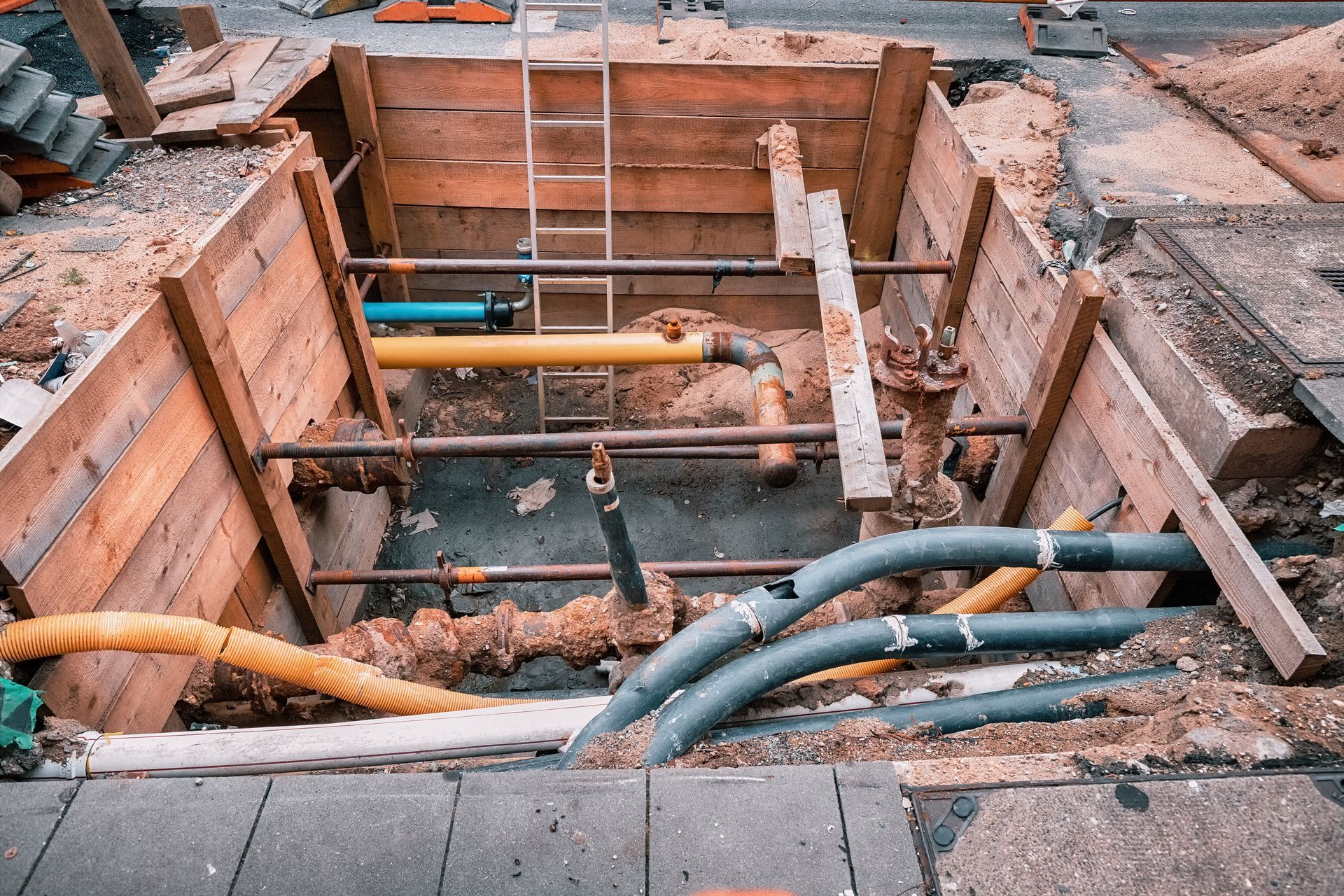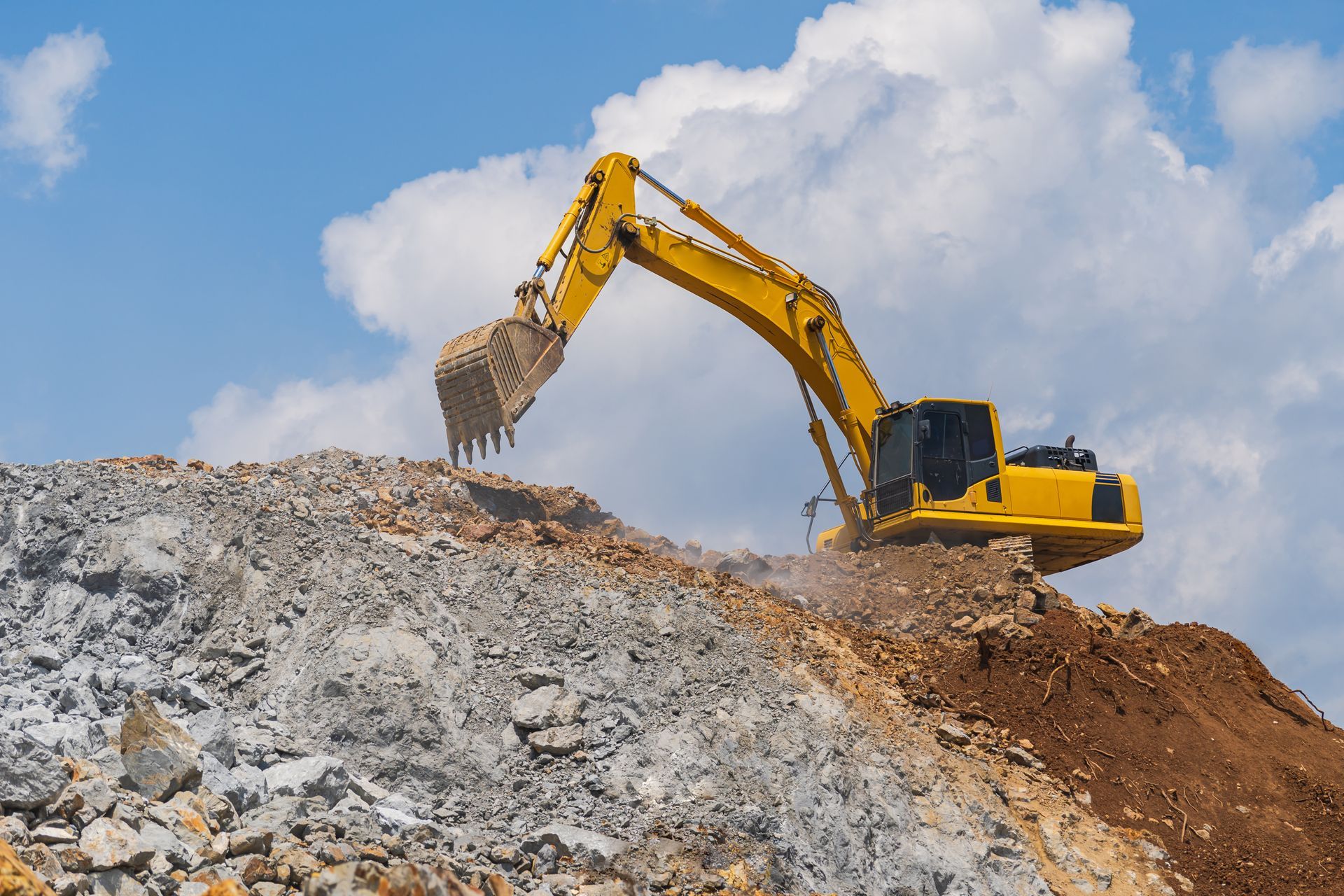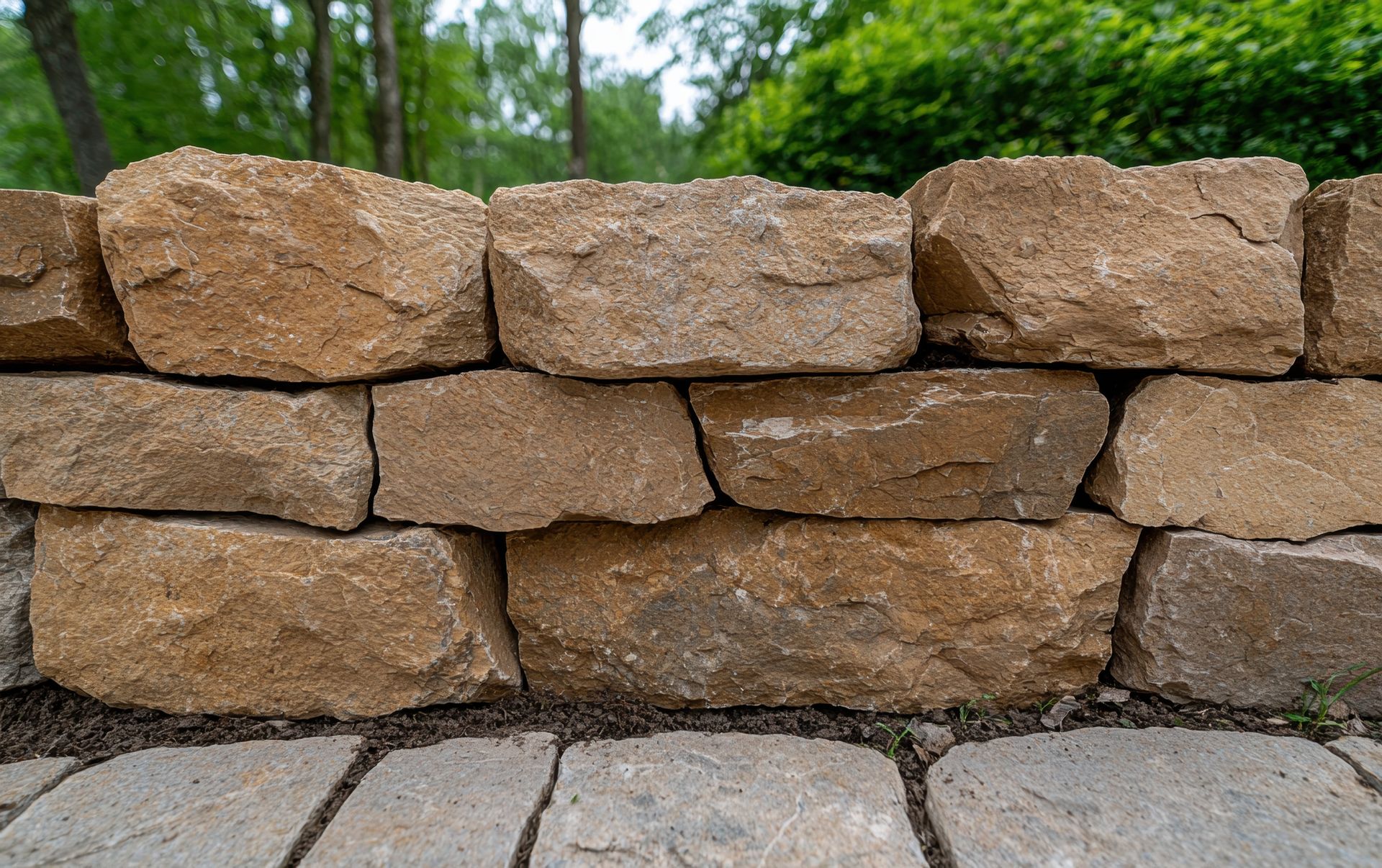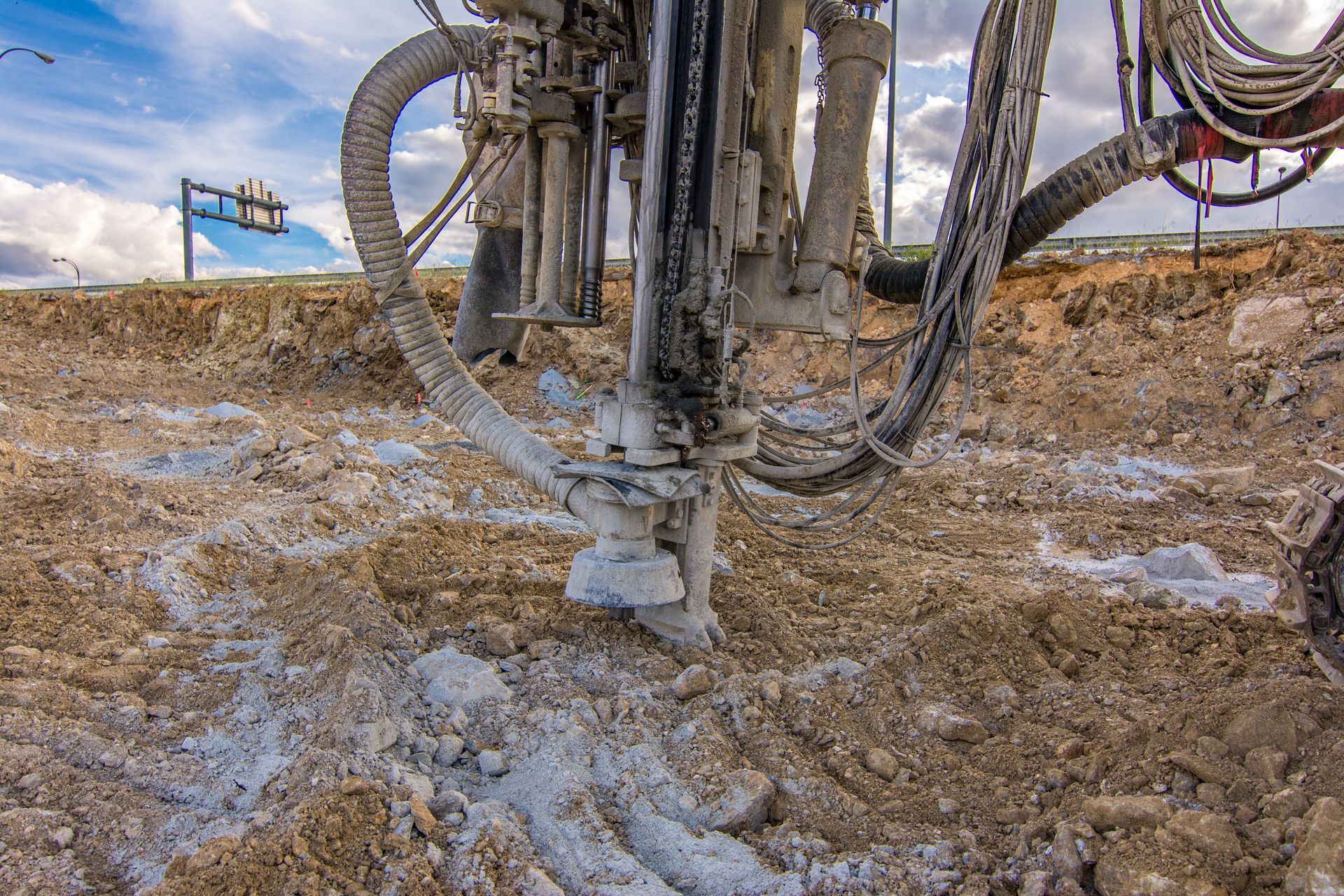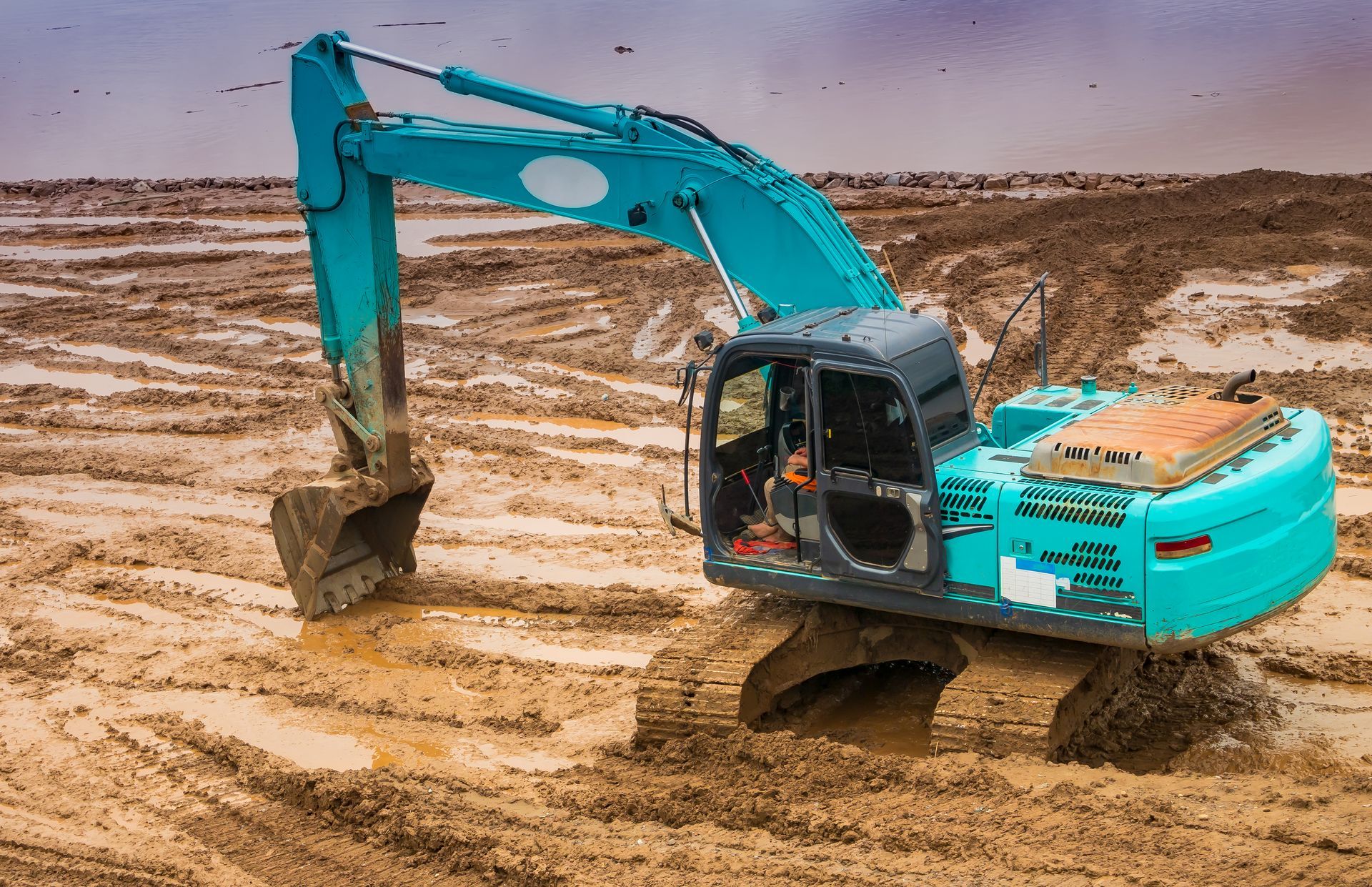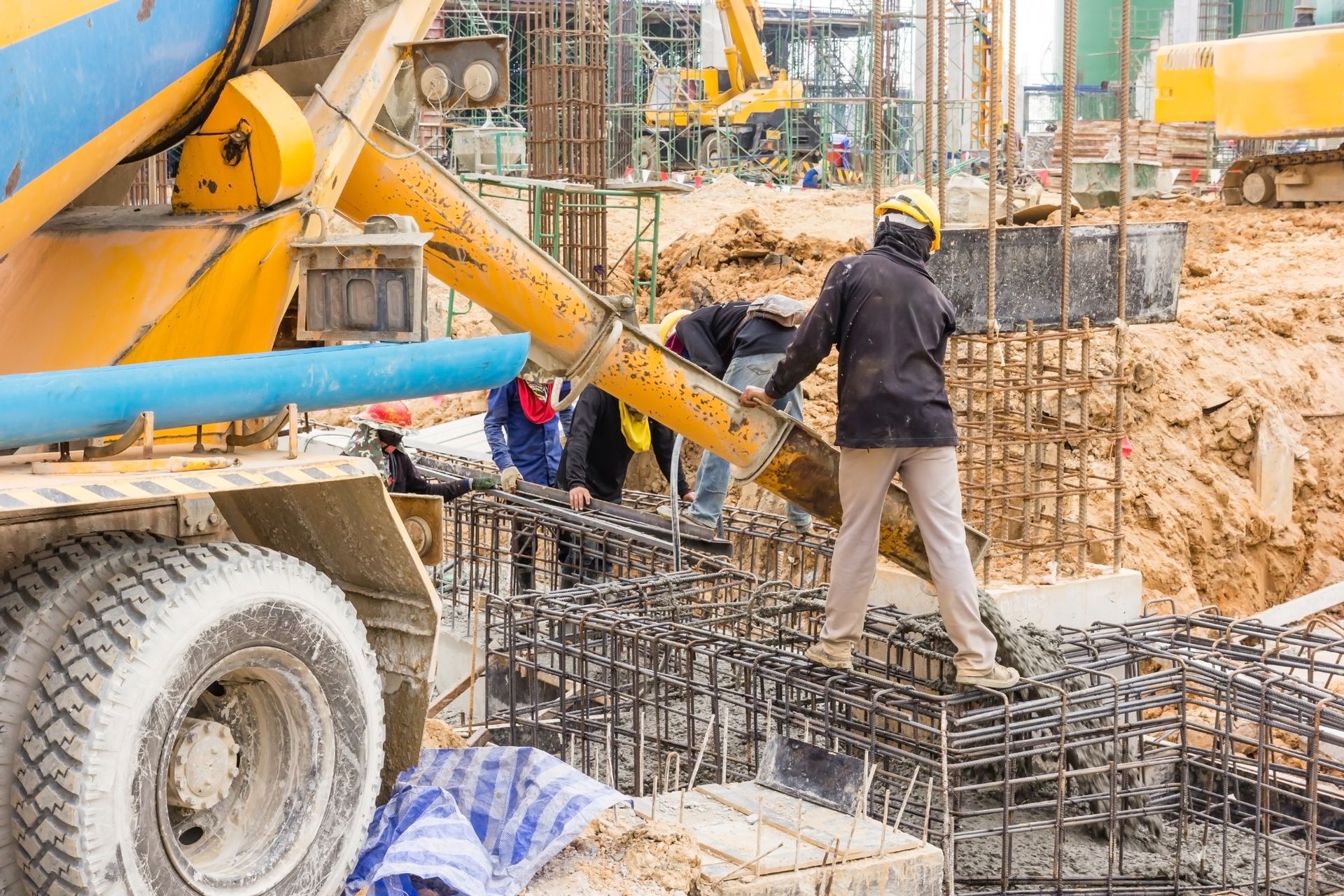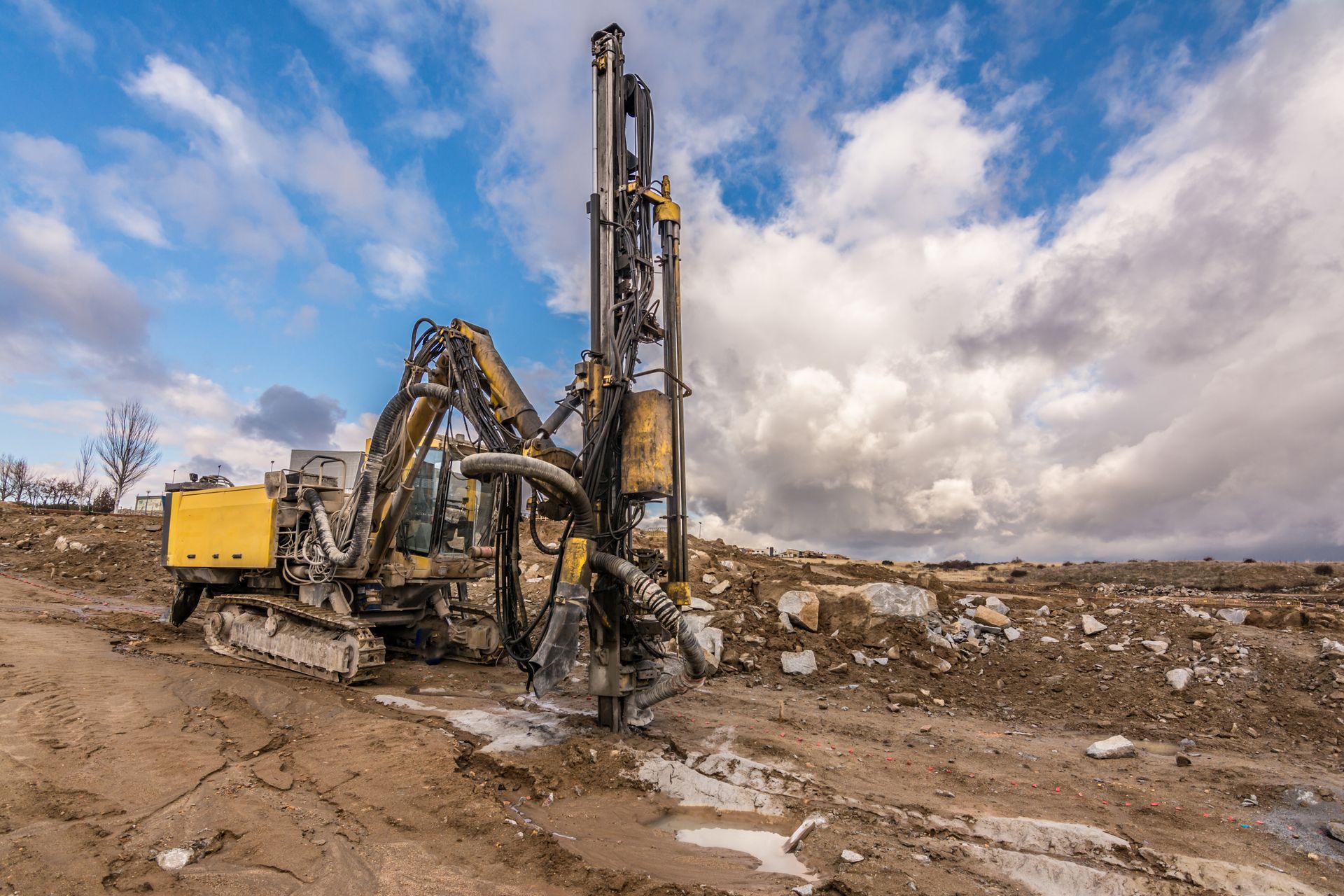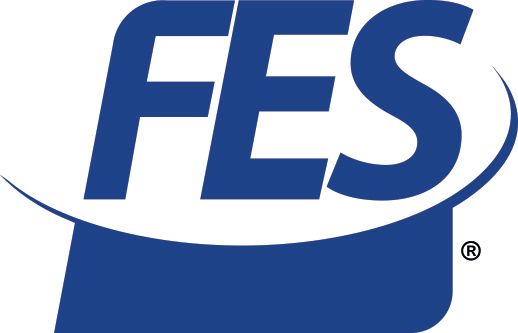Why Helical Pile Installation is the Smart Choice for Deep Foundation Solutions
When it comes to building on challenging soils or ensuring long-term structural stability, helical pile installation stands out as a reliable and efficient deep foundation solution. Whether you're constructing a new building, reinforcing an existing structure, or addressing foundation issues, helical anchor systems offer numerous advantages that make them an ideal choice for a wide variety of projects.
In this post, we’ll explore the benefits of helical pile installation, the key advantages of
helical anchor systems, their many applications, and why they’re the go-to solution for deep foundation problems. Whether you're a contractor, engineer, or homeowner, this guide will help you understand why helical piles should be your foundation choice.
Understanding Helical Pile Installation
Helical piles, also known as screw piles or helical piers foundation elements are made of steel shafts with helical plates welded to them. These piles are installed into the ground using hydraulic machinery, where they’re screwed into place to transfer structural loads to deeper, more stable soil layers. The key benefit is that they offer a reliable foundation even in challenging soil conditions, such as expansive clays or sandy soils.
One of the main advantages of helical pile installation is the speed and ease of installation. The process requires minimal excavation, reducing both site disturbance and environmental impact. Unlike traditional foundation methods, which often involve extensive digging and concrete pouring, helical piles can be installed in tight spaces and on sites with difficult access.
Key Benefits of Helical Pile Installation:
- Versatility: Helical piles are suitable for various construction projects, from residential homes to large commercial buildings, offering flexibility to engineers and contractors.
- Immediate Load-Bearing Capacity: Once installed, helical piles can immediately support the weight of the structure. This is particularly beneficial for projects where quick turnaround times are essential.
- Minimal Site Disturbance: Since installation requires little excavation, helical piles result in cleaner, less disruptive job sites, making them ideal for urban or environmentally sensitive areas.
- Durability: The galvanized steel used in helical piles ensures that they are corrosion-resistant, ensuring long-term stability even in harsh conditions.
Overall, helical piles provide a fast, efficient, and environmentally friendly alternative to traditional foundation methods.
Advantages of Helical Anchor Systems
Helical anchor systems are another fantastic option for deep foundation solutions. These systems utilize helical piles to provide both vertical and lateral support for structures. They are particularly useful in areas with poor soil conditions, where traditional foundations may fail or be impractical.
One of the key reasons why contractors and engineers prefer helical anchor systems is the cost-effectiveness and flexibility they offer. The installation process requires less manpower and equipment, which reduces labor costs and the need for heavy machinery. Additionally, they are environmentally friendly, as the installation causes less soil displacement compared to other methods.
Why Choose Helical Anchor Systems?
- Cost-Effective: Helical anchors are a budget-friendly solution for deep foundation installation. Since installation is quicker and requires less labor, overall project costs are often lower.
- Environmentally Friendly: The minimal disruption to the soil makes helical piles a green option. They require less excavation, resulting in less impact on the surrounding landscape.
- Adaptable to Tight Spaces: Unlike traditional piles, which require large machinery and substantial space, helical anchor systems can be installed in areas with limited access, making them ideal for urban environments or confined construction sites.
- Durable and Reliable: These anchors are designed to withstand a range of environmental conditions, including wet or dry soils, freezing temperatures, and more. They offer long-term reliability and minimal maintenance.
The installation process for helical anchors is straightforward, requiring no curing time for concrete or waiting for structures to settle. As a result, construction projects can proceed more efficiently, meeting deadlines with ease.
The Installation Process
One of the main advantages of helical piles is the straightforward installation process. Unlike traditional deep foundation solutions that require complex machinery, extensive digging, and concrete pouring, helical piles can be installed efficiently and with minimal disruption to the site.
Step-by-Step Guide to Helical Pile Installation:
- Site Assessment: Before installation begins, a thorough site assessment is conducted to evaluate soil conditions, load requirements, and other factors that could influence the installation.
- Pile Selection: Based on the assessment, the appropriate pile size and configuration are chosen to ensure optimal load-bearing capacity and structural stability.
- Installation: Hydraulic equipment is used to screw the helical piles into the ground. The piles are driven to the required depth, which varies depending on soil conditions and the intended load.
- Load Testing: Once the piles are in place, they undergo load testing to verify that they can bear the weight of the structure. This is typically done by applying a predetermined load and measuring the deflection to ensure stability.
- Structure Connection: After the piles are confirmed to be stable, the structure is securely connected to the piles, completing the installation process.
This efficient process minimizes construction delays and can be completed quickly, making helical piles an excellent option for tight timelines and high-demand projects.
Why Helical Piles Are Ideal for Deep Foundation Solutions
When it comes to deep foundation requirements, helical piles offer a number of advantages that set them apart from traditional methods. They’re particularly useful for projects in areas with poor soil conditions, high water tables, or other challenges that make conventional methods less feasible.
Key Advantages of Helical Piles for Deep Foundation Solutions:
- Predictable Performance: The torque used during installation directly correlates to the load-bearing capacity of the pile. This provides engineers and contractors with real-time verification of the pile’s ability to support the structure.
- All-Weather Installation: Helical piles can be installed in a variety of weather conditions without compromising the quality of the installation. Whether it's rain, snow, or extreme heat, the installation process remains efficient.
- Reusability: Helical piles can be removed and reused, making them an excellent choice for temporary structures or projects that may need to be relocated or modified in the future.
- Faster Construction Time: Compared to traditional deep foundation methods, the installation of helical piles is quicker, which helps speed up overall project timelines and reduces labor costs.
These advantages make helical piles a go-to solution for deep foundation needs. Whether you're building on unstable soil or facing time constraints, helical piles provide a fast, reliable, and cost-effective option that doesn’t compromise on quality.
Contact Awar Group Companies, Inc. for Expert Helical Pile Installation in Laurel, MD
If you're in Laurel, MD, or the surrounding areas and require professional helical pile installation, look no further than Awar Group Companies, Inc. Our experienced team specializes in deep foundation solutions, including helical anchor systems, retaining walls, drainage improvements, and slope stabilization.
We understand the importance of a stable foundation and the need for efficient, cost-effective solutions. With years of experience in the industry, we ensure that your project is in good hands from start to finish. Contact us today at (757) 287-1737 or
(202) 217-6666 to discuss your project and discover how our expertise can ensure the stability and longevity of your structure.
FAQ
What are helical piles made of?
Helical piles are typically made of galvanized or coated steel shafts with helical plates welded to them, designed to resist corrosion and provide long-term durability.
How deep can helical piles be installed?
The depth of helical piles can vary based on the soil conditions and load requirements of the project, but they can be installed to depths ranging from a few feet to over 100 feet.
Are helical piles suitable for all soil types?
Yes, helical piles are suitable for a wide range of soil conditions, including clay, sand, silt, and even areas with high water tables. Their versatility is one of the reasons they are so widely used.
How long does the installation process take?
The installation of helical piles is typically quick, often completed in a matter of hours or within a single day, depending on the project's complexity.
Can helical piles be used for residential projects?
Absolutely! Helical piles are commonly used for residential foundations, including decks, patios, and home extensions, offering stable support even on challenging soils.
